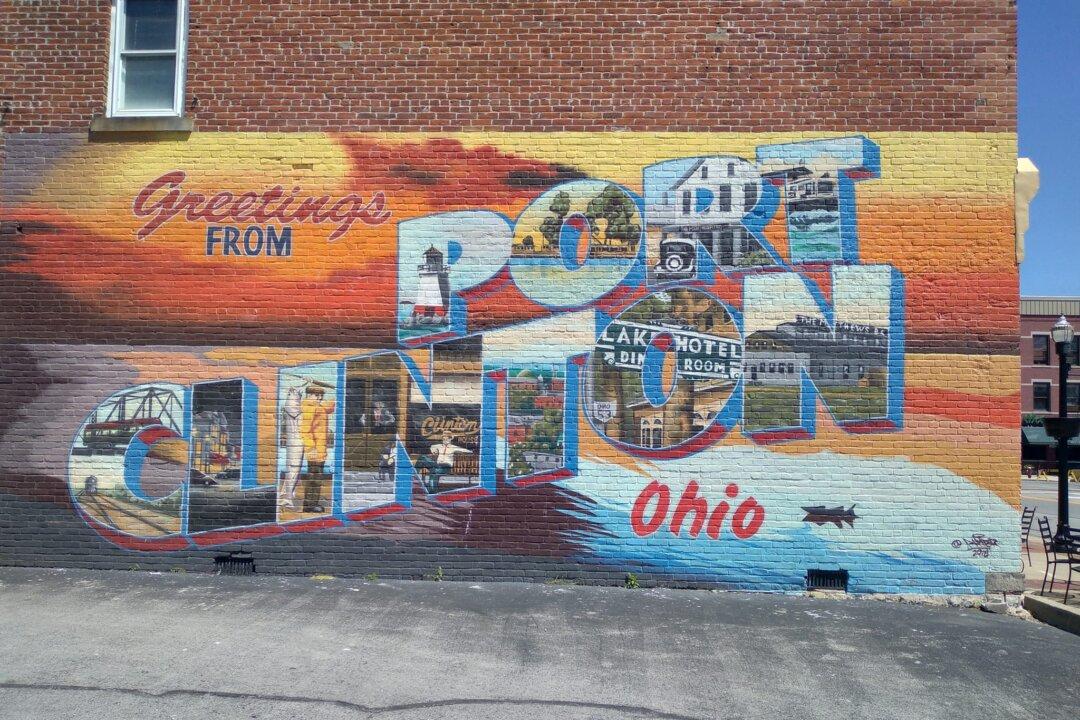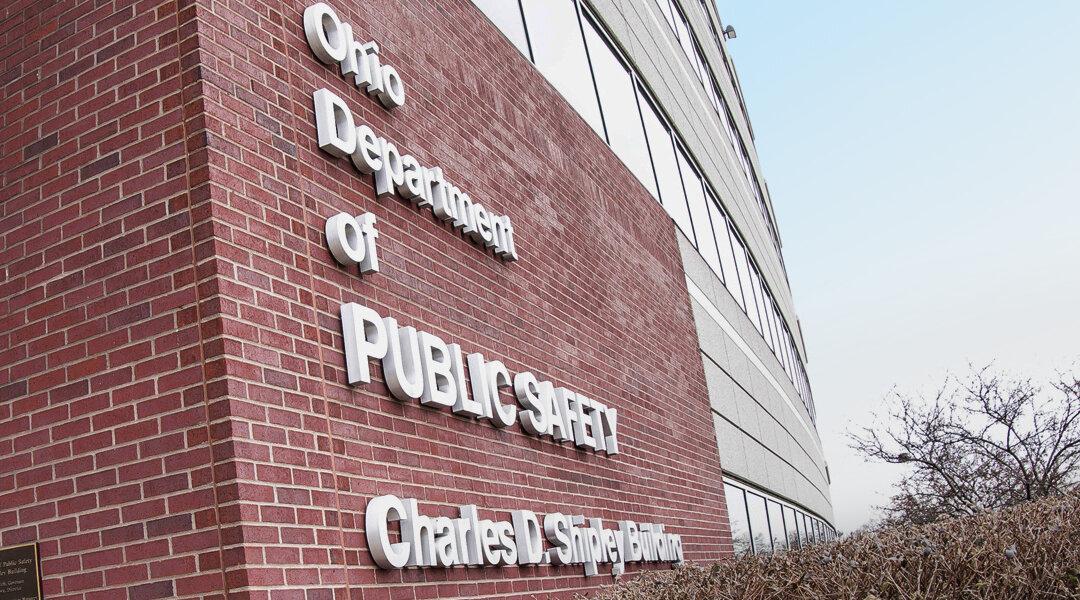As gas and fuel prices continue to rise, Ohio’s lakefront town of Port Clinton is pushing back to prepare for its busiest tourist season and stay afloat during challenging times.
Spring has sprung in the Heartland and tourists are returning to the region known as Lake Erie’s Coastal Ohio Trail. A resort for relaxation it is nestled between Cleveland and Toledo and is a fisherman’s bastion.




